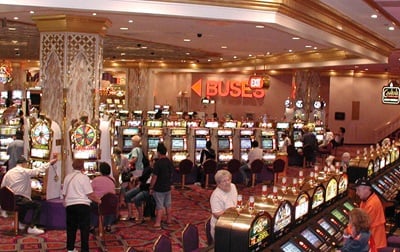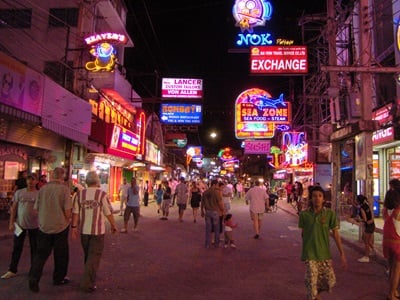New York City stands at a critical crossroads, contemplating the transformation of a Manhattan east-side residential areas into a casino destination.
Despite the grand vision, the lack of concrete evidence supporting the benefits of this proposal raises significant concerns. It is troublesome to see developers charging ahead without substantial research, and the potential drawbacks seem to outweigh the positives. It is crucial to recognize the potential mistake at hand.
Where is the Research?
The absence of empirical evidence not only undermines the credibility of the proposal but also leaves crucial questions unanswered regarding the overall viability and sustainability of a casino on the east side of Manhattan. Stakeholders, including residents and authorities, should be wary of decisions made without a solid evidentiary basis and advocate for a more thorough examination of potential benefits and drawbacks before proceeding with such a significant project.
No. No. And No. Potential Pitfalls of Allowing Casinos in Manhattan
The proposal to permit casinos in Manhattan comes under scrutiny as a comprehensive assessment reveals that the drawbacks significantly outweigh the potential benefits. Various factors contribute to this unfavorable balance, encompassing economic considerations, social implications, urban development changes, traffic and infrastructure strain, public transportation challenges, and pollution concerns.
Key Concerns
Economic Considerations:
The economic impact of introducing casinos may not be as promising as initially thought, with potential risks to local businesses and a lack of sustainable growth beyond the gaming sector.
Social Implications:
The potential for increased gambling addiction and related social issues raises serious concerns about the well-being of individuals and the broader community.
Urban Development Changes:
While urban development is often seen as a positive outcome, the associated changes may lead to gentrification effects, impacting the existing social fabric and diversity of the area.
Traffic and Infrastructure Strain:
The introduction of a casino hub could exacerbate existing challenges related to traffic congestion and strain on infrastructure, potentially disrupting the daily lives of residents and commuters.
Public Transportation Challenges:
The anticipated surge in visitors may pose challenges to public transportation systems, affecting the efficiency and accessibility of public transit for both residents and tourists.
Pollution Concerns:
The environmental impact of a casino complex, including increased foot traffic and vehicular activity, raises concerns about pollution and its potential effects on the surrounding ecosystem.
Studies Indicate Negative Effects
Studies conducted on similar scenarios elsewhere suggest a correlation between the presence of casinos and negative effects on housing values. Additionally, the social costs related to casino gambling, including potential increases in crime and other societal issues, pose further challenges to the overall well-being of the community.
Stop. At Least Pause
In light of these considerations, the proposal to permit casinos in Manhattan prompts a reevaluation of the potential consequences. The negative aspects, as highlighted by economic, social, and environmental concerns, should be carefully weighed against any anticipated benefits. A thorough examination of the data and a transparent discussion are essential before making decisions that could have lasting impacts on the city’s dynamics and its residents.
© Dr. Elinor Garely. This copyright article, including photos, may not be reproduced without written permission from the author.





